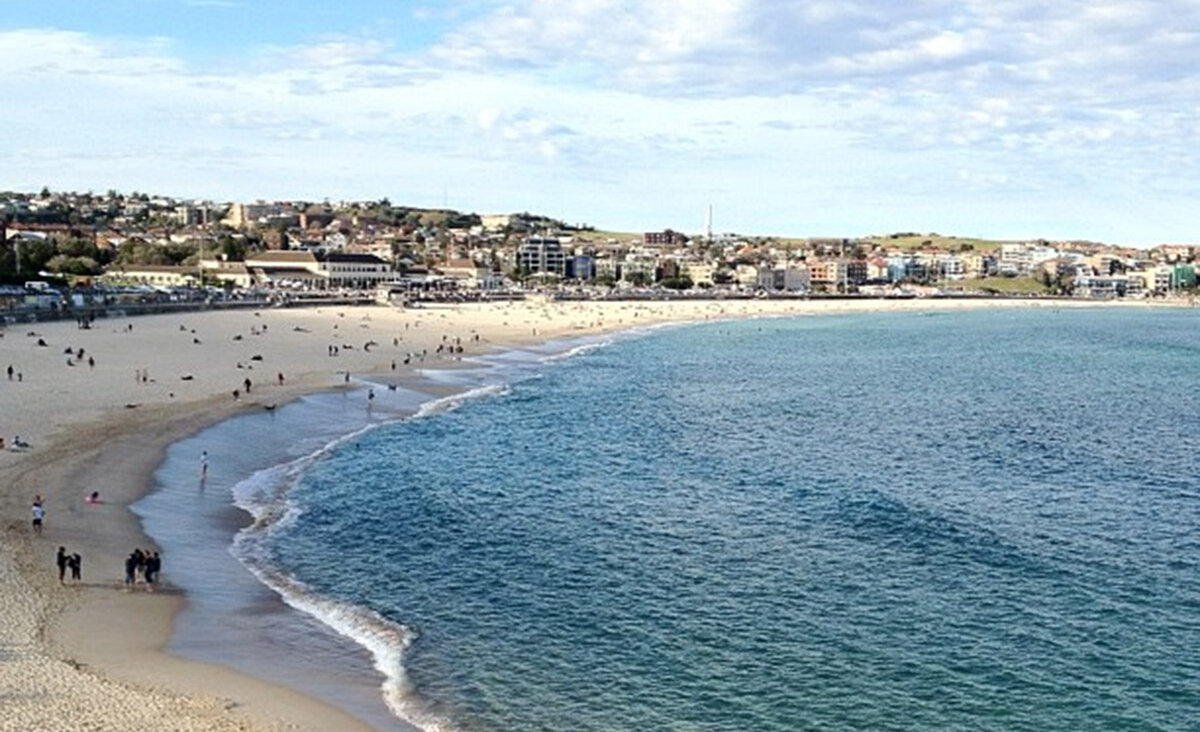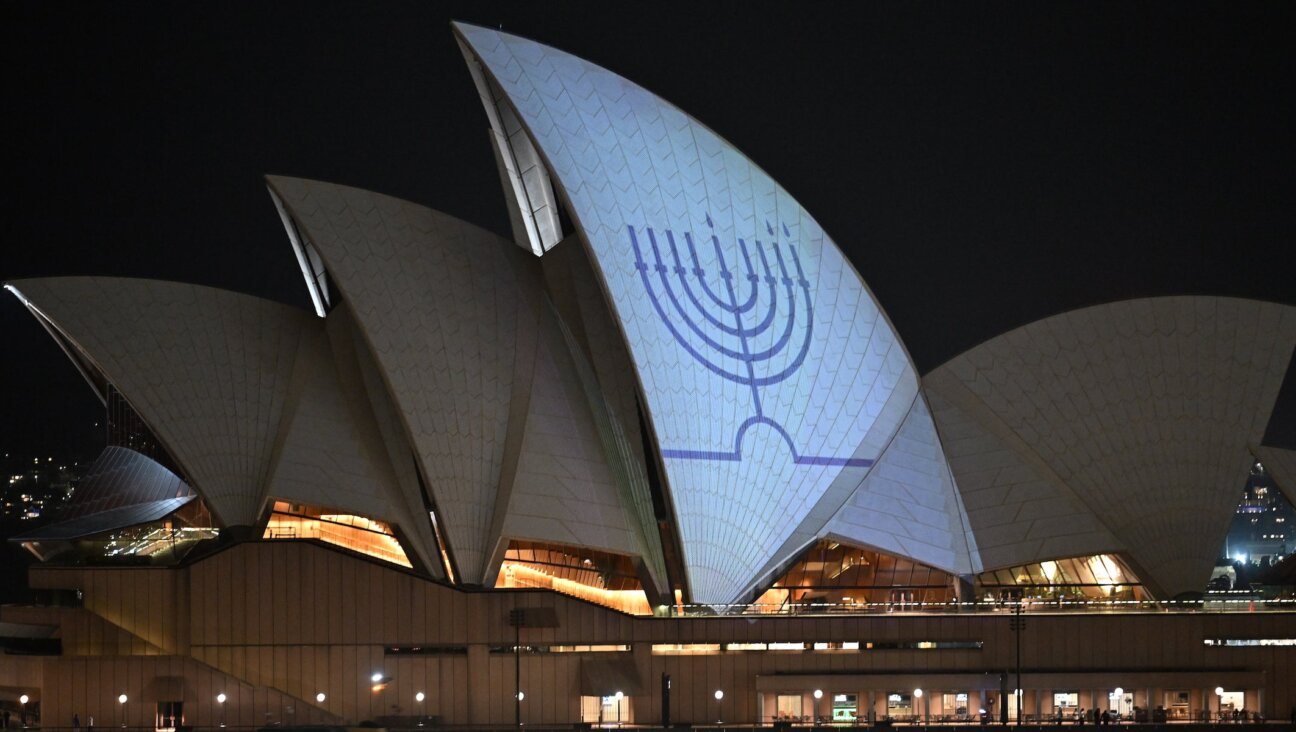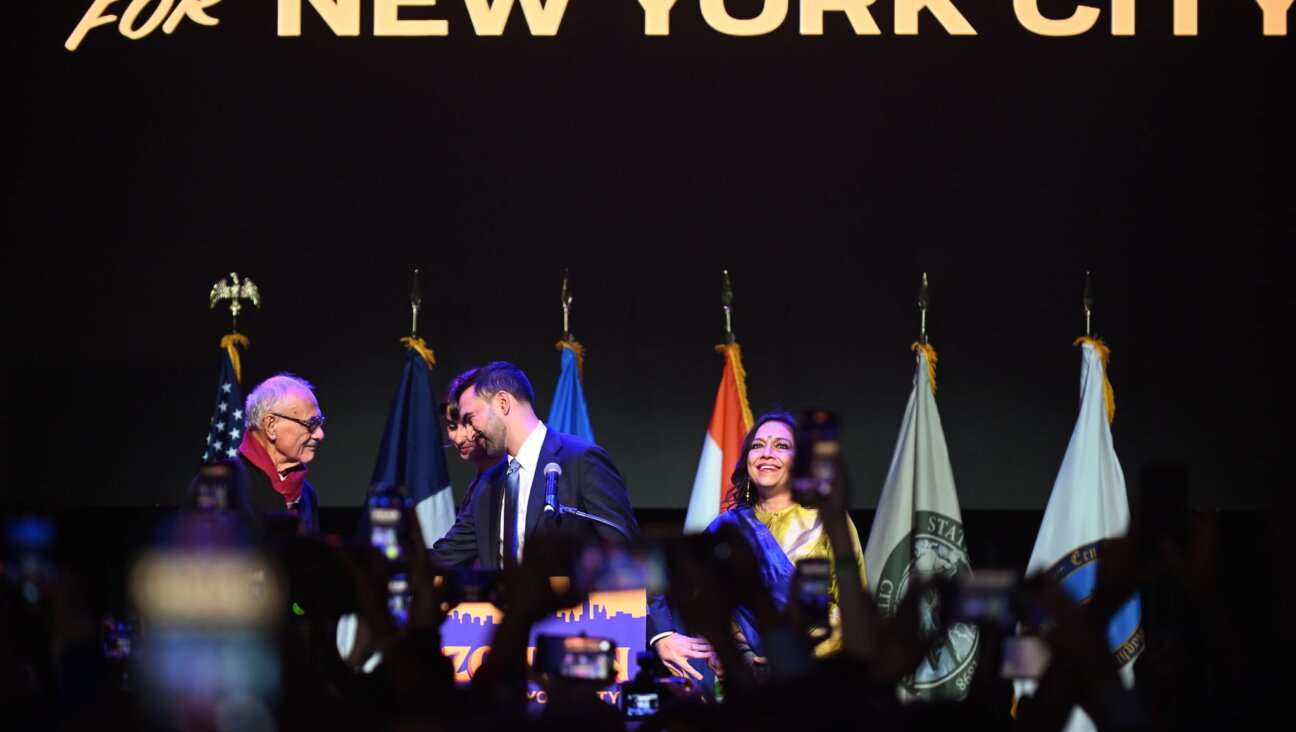Orthodox Rabbis Eye Liberal Seminary
The main union of Modern Orthodox rabbis in America is preparing to vote on whether to admit graduates from an upstart Manhattan seminary.
Most of the 1,000 members of the Rabbinical Council of America are graduates of Modern Orthodoxy’s flagship institution, Yeshiva University. But the RCA’s executive committee is scheduled to vote in June on whether graduates of the seven-year-old Yeshivat Chovevei Torah — which was founded as a response to Y.U.’s perceived rightward shift — would be allowed to join the rabbinic organization. Other than prestige, benefits for RCA members include placement assistance and a pension program.
“The RCA is a very highly respected, and rightly so, rabbinic body,” said Rabbi Nathaniel Helfgot, a YCT instructor and a member of the RCA’s executive committee. “As a Modern Orthodox institution,” Helfgot said, YCT should “be part of that.”
The degree to which YCT would be welcomed by mainstream Orthodoxy has been a subject of significant discussion for years, seen primarily through the lens of its strained relationship with Y.U. At one point, rabbis connected to Y.U. attempted to block YCT students from getting jobs. The chairman of YCT, Howard Jonas, declared in a 2004 speech that Y.U. had been allowed to shift to the right through “a combination of the gutless and the spineless in a coalition with the mindless and the senseless.”
In the past two years the tensions have lowered, with YCT students facing less resistance from pro-Y.U. elements in obtaining jobs. A decision by the RCA — an organization strongly linked to Y.U. — to accept graduates of the new school could mean an end to a feud that some thought could split the Modern Orthodox community.
Since its creation, in addition to the standard Orthodox dedication to studying ancient and medieval rabbinic texts, YCT has displayed an emphasis on pastoral counseling, a liberal attitude toward Halacha, and a dedication to expanding the role of women in religious life — though it has stopped short of the ordination of women, which some assumed would be part of its mission.
RCA certification is now an issue because the organization doesn’t certify yeshivas until they’ve produced three years’ worth of graduates, according to the organization’s executive vice president, Rabbi Basil Herring. The six-member Semicha-Standards committee is concluding a broad investigation of YCT and its graduates, and will make a recommendation at the June 22 executive committee meeting on whether to admit them. The 60 members of the executive committee will then vote on the application; they are expected to follow the recommendation of the standards committee.
The executive committee is composed almost exclusively of Y.U. alumni; but well-informed Modern Orthodox insiders were hard pressed to pinpoint specific executive committee members who would object to accepting YCT graduates, while more than a dozen sympathizers were easily identified, including Helfgot.
Of the handful of observers thought to be anti-YCT, only Rabbi Eliezer Zwickler of West Orange, N.J., returned a phone message from the Forward.
“I don’t have an opinion on the matter right now,” Zwickler said, insisting that he won’t come to a decision until the Semicha-Standards committee delivers its recommendation. However, Zwickler said, though he is “a Y.U. guy in and out… that is not to say it’s competition — if you speak to the president of Yeshiva University, he welcomes Chovevei.” Indeed, Y.U.’s new president, Richard Joel, is seen by some as a liberalizing force who, though he does not maintain strict control over Y.U.’s affiliated seminary, could in certain areas bring the school more in line with YCT’s philosophy.
Those assumed to be pro-YCT also say they are reserving judgment, though they hint that it would be a positive development. Rabbi Yair Silverman of Berkeley, Calif., told the Forward that “the presence of two serious Modern Orthodox yeshivot in America will only improve the rabbinate.” He agreed with Zwickler that “it would be surprising if we didn’t follow the recommendation of the Semicha-Standards committee.”
When speaking about background, many pro-YCT rabbis expressed strong optimism that the school’s application would be approved.
In recent years, the Semicha-Standards committee has worked to develop an objective set of standards to evaluate institutions, ranging from years of learning required to the reputation of those granting ordination. The composition of the committee is confidential, and its chairman, Rabbi Moshe Kletenik did not offer comment for this story.
“We’re going through a process, we have no hidden agendas; everything is based on the merits,” Herring said, adding, “We have no brief, we have no institutional orientation that says you have to let in or take out.… It’s a very big tent at the RCA.”
A key goal of YCT is to substantially increase the number of Modern Orthodox rabbis in pulpit positions. While Y.U. ordains about 40 rabbis a year, many estimate that only about a quarter go into communal work. YCT graduates about 10 students per year, with a signed commitment by all that they will do at least three years of communal work after they graduate; an original goal had been for all YCT graduates to take pulpit positions. But since the yeshiva started graduating students, this has shown itself to be an unrealistic expectation.
Even if approved, YCT still would face potential institutional hurdles to successful placement of graduates. The “tripartite” commission charged with placing RCA rabbis includes the organization, Y.U. and the Orthodox Union. How Y.U. would conduct itself in discussing those placements remains to be seen. Nevertheless, YCT has successfully placed graduates in a number of pulpit positions, which some Modern Orthodox insiders say makes RCA certification more of a rubber stamp than a breakthrough.
Meanwhile, it is not only on the left that Y.U. is facing a challenge. The most recent American yeshiva to be accepted by the RCA is Lander College, a yeshiva to Y.U.’s right that has hired away a number of Y.U. teachers.















